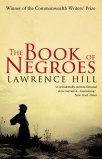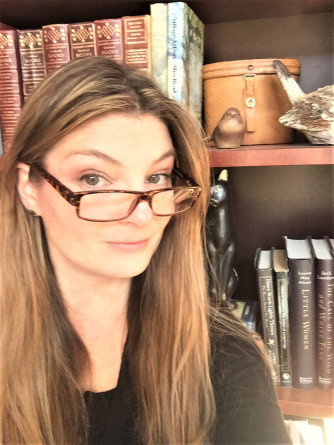 Oh Lawrence Hill, how you have compelled me with your sequence of dramatic events in what is now one of my favourite books of all time. There are so many questions I’d like to ask you but unfortunately for the sake of this blog post (truthfully Mr. Plewis’ direct prompt request) I must talk about only one. If there was one question I absolutely needed the answer to it would be… “Was your book based on the experiences of a real person? Whether it was or was not, why write from the perspective of a female?”
Oh Lawrence Hill, how you have compelled me with your sequence of dramatic events in what is now one of my favourite books of all time. There are so many questions I’d like to ask you but unfortunately for the sake of this blog post (truthfully Mr. Plewis’ direct prompt request) I must talk about only one. If there was one question I absolutely needed the answer to it would be… “Was your book based on the experiences of a real person? Whether it was or was not, why write from the perspective of a female?”
As a part of the general public that has read this book I’m lead to believe, as a direct question between the authors stylistic choices made while writing the book and the book itself, this is the most prominent question readers wonder through out the book. Why not write from a males perspective Lawrence? Would you not find it easier to do so? Was this just some form of challenge you wanted to take on? Hehe, this may seem like a lot of questions but I think its the same question asked a little differently. Anyways, I’m not saying that you did a poor job writing from a females perspective. No, that’s not it at all. In fact, my opinion was that you did rather a fine job executing the challenge. It’s not something you expect. Having such feminine incidents, such as pregnancy, or when a female gets her first period, or even when she loses her virginity. All topics with extreme sensitivity in a woman’s life. This continues to make me wonder what did you do to gain this insight? How much research must you have done to get the exact perspective so precise? Further more, the character you’ve developed makes me want to think that you based it on an actual person. Was there a real, historical Aminata Diallo somewhere that you studied? These are all questions that I would loveee to know. Again, just to prove my point on how much this intrigues me, here are more examples of how your book compels me to think of question after question.
There are so many other questions I’d love to ask. Like why you created Aminata’s curiosity for maps. And why you incorporated those themes of wanting to know identity and at the same time, her eagerness to learn and gain as much knowledge as she could. Was there ever a real woman from the 19th century that did just this? To have that question answered would personally seal the deal for me. Knowing that there was a woman who created hope for slaves of that time is better than knowing that, in the end, she managed to reunite with her daughter. Although I am highly skeptical about such a cheesy ending, Im going to roll with it, for the sake of the blog topic.
My main question is my main concern and I would just be over the moon if I got a piece of authentic closure on these topics from the man himself.
Advertisements Share this:





